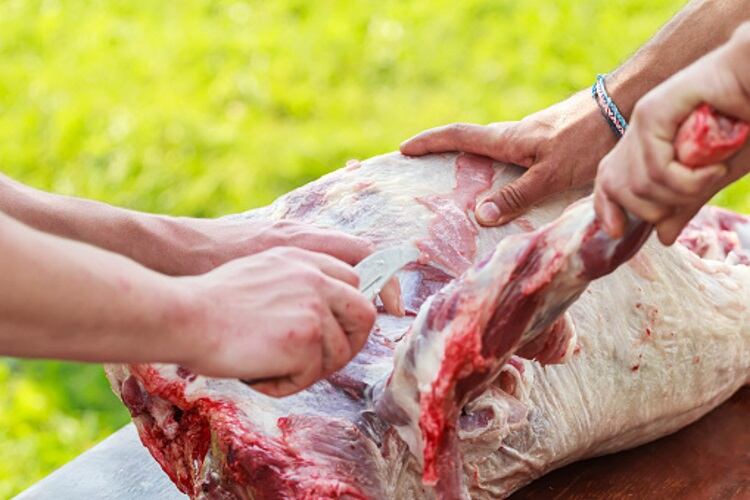‘Day Zero’ is when water rationing comes into effect, and with parts of Australia suffering long-term droughts, this day is fast approaching, and is expected to have a knock-on effect for meat processors.
Australian Meat Industry Council (AMIC) chief executive Patrick Hutchinson warned that the water supply issues are causing severe problems for processors.
“Without water, these businesses can’t run, and that means jobs are in peril,” he said. “No water means our members’ daily operational capacity diminishes. From washing stockyards through to sterilisers and hand washing to refrigeration and end of day cleaning operations, all will be at risk.”
AMIC cited several areas as being at risk of disruption. Tamworth, Dubbo, Orange, Warwick and Narromine are among the towns approaching ‘Day Zero’ water supply restrictions. AMIC has members operating processing facilities in each of these areas.
Hutchinson warned that even with a strong focus on water efficiency, the sector cannot operate without reliable water supply. “Red meat processors have invested a huge amount of effort and money in water efficiency and the industry has made great steps forward in terms of reducing water use and recycling water. But at the end of the day, every business within the meat supply chain relies on water to deliver dependable, safe meat to all Australian homes and businesses. ”
Some water use reduction strategies include water-saving equipment such as low flow/high-pressure taps and hoses, sensors on hand and apron wash stations and automated clean-in-place systems. Many processors are already capturing wastewater to reuse or recycle, using steriliser and handwash water to wash stockyards, water landscaped areas or clean trucks.
The AMIC called on Water Minister David Littleproud to engage with industry to end uncertainty around water restrictions.
“We’re very concerned that if this is not dealt with swiftly, we may see processors forced to reduce production, leading to job losses and potential plant closures,” added Hutchinson. “Once a facility is closed it is very difficult to get it up and running again, which would be devastating news for regional areas which are already under enormous pressure.”




